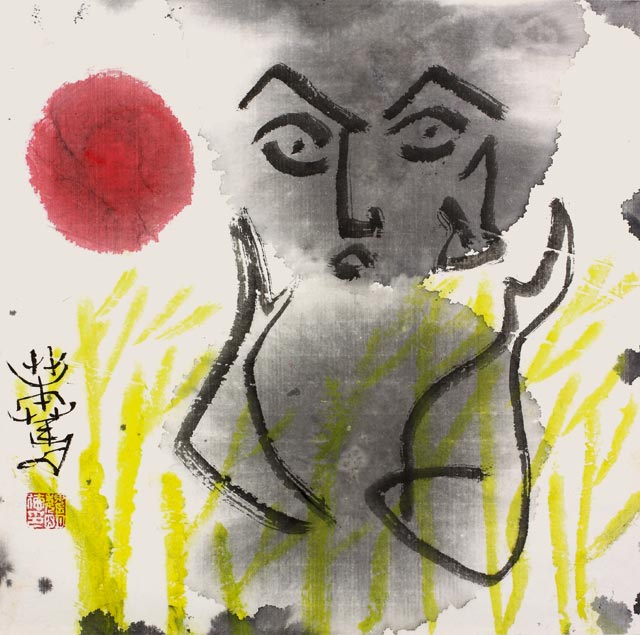
by eRenlai team
Taiwan is often cited as one of the most tolerant states in terms of religion so this month eRenlai decided to approach the topic of personal faith from a variety of perspectives, to examine the differences in beliefs that appear nominally the same, and the rich diversity behind umbrella terms like “Buddhism”, “Atheist” or “Christian”, which give the illusion of uniformity to our personal gods, or indeed our individual conception of the world.
First we look at how different people have come to their beliefs or lack of beliefs – whether through reason or by a more spiritual approach. We then look at what faith means for these people, whether it means living faith in a higher being or simply faith in human perception. Following on from this we examine the different ways that people, believers and non-believers conceive of the world around them, and how their faith or lack thereof goes to shape this; how they imagine god in terms of physcial shape; how they interact with God; if their morality is shaped by their belief or lack of belief; and what it is like to be religious in Taiwan.
In editos this month, Antoine Lemaire attempts to spread awareness of the serious problems arising in Papua New Guinea due to increasing HIV infection, and how to combat the resulting social inequalities. Also within the realm of international cooperation and communication is Fabrizio Bozzato’s article describing the ways Taiwan might work to achieve a more prominent status in the international community. In March 2013, Taiwan was indeed under international scrutiny as a panel of experts was sent to the island to examine the country’s complying with the UN covenant signed in 2009; here, Caterina Pavese, our new volunteer at eRenlai, reports on the discussions and debates. Former eRenlai coworker Maddy King discusses her life in Taiwan and tells us all she has learned and experienced in her brief stint on the island. Also discussing his life here is Fernando Luis Barreto Mercado who tells us his Jesuit story from the beginning and ponders what it means to be a brother in Taiwan. Benoit Vermander continues to discuss church matters as he puts the previous Pope’s mandate into perspective and praises his vision. Jin Lu also writes in praise, but hers is directed towards readers, and highlights the importance of standing on the shoulders of giants before attempting one’s own work. Finally, Sodom Chen also discusses work, the sacrifices it demands and the way it affects our everyday relationships.

